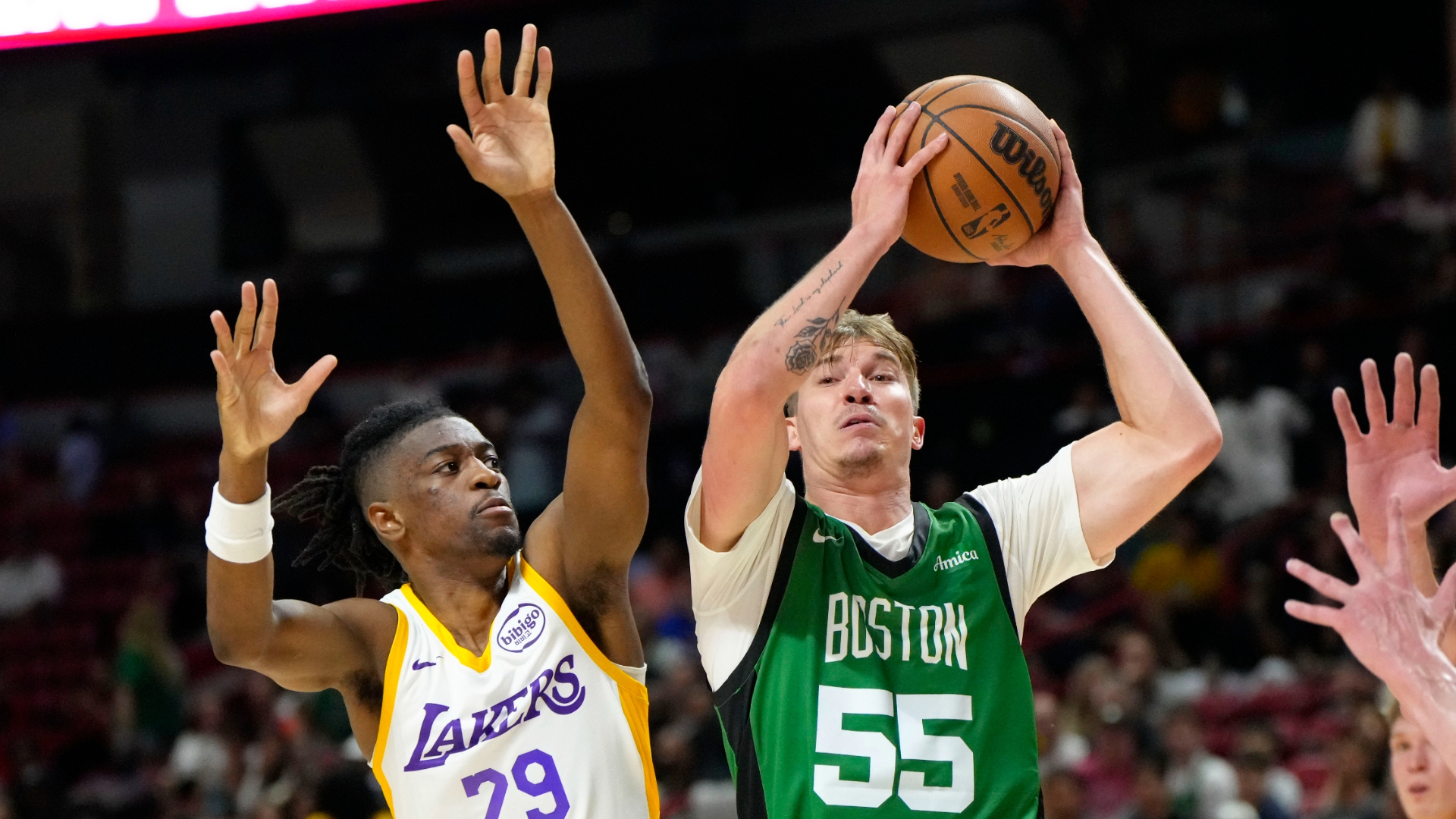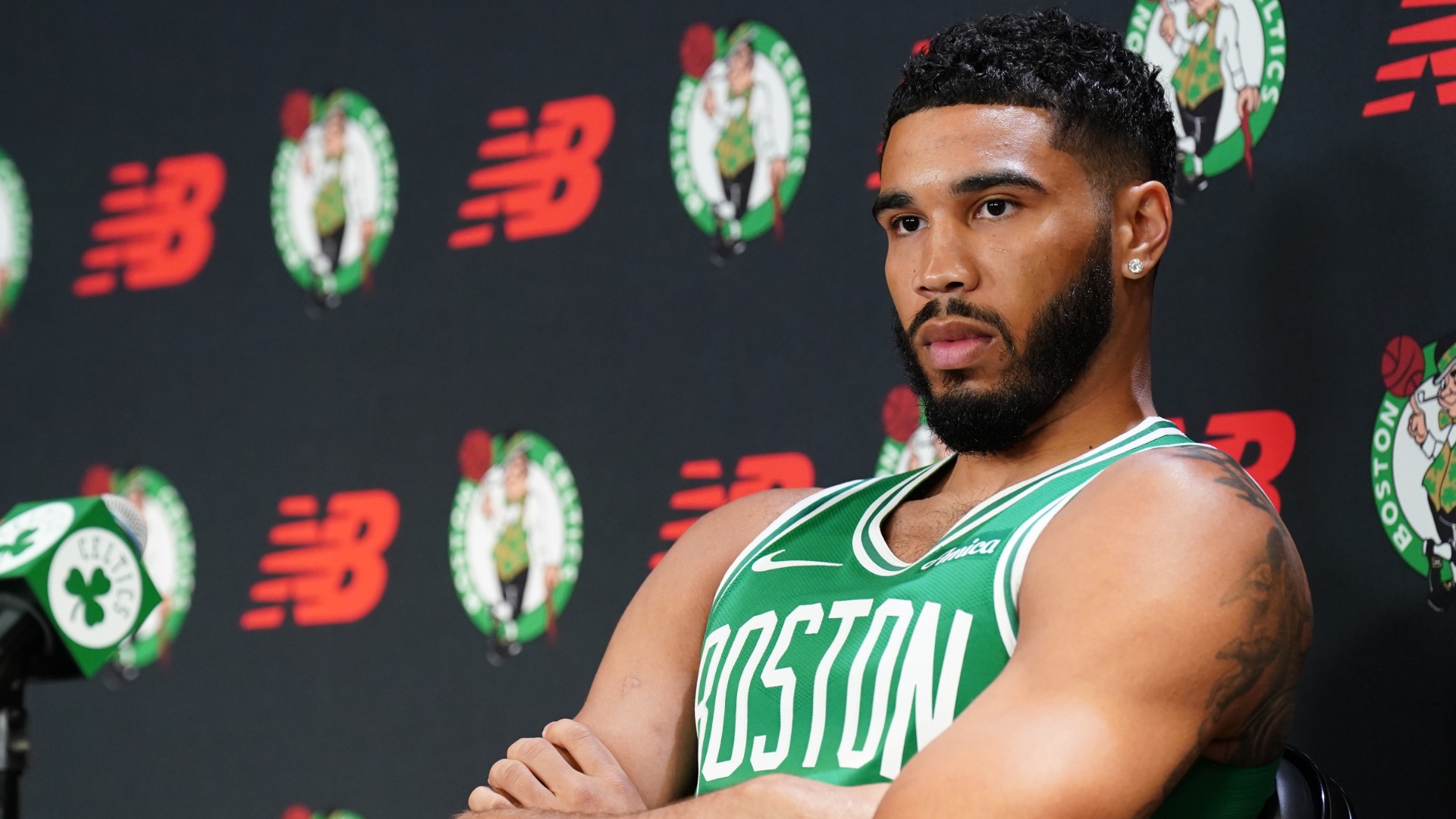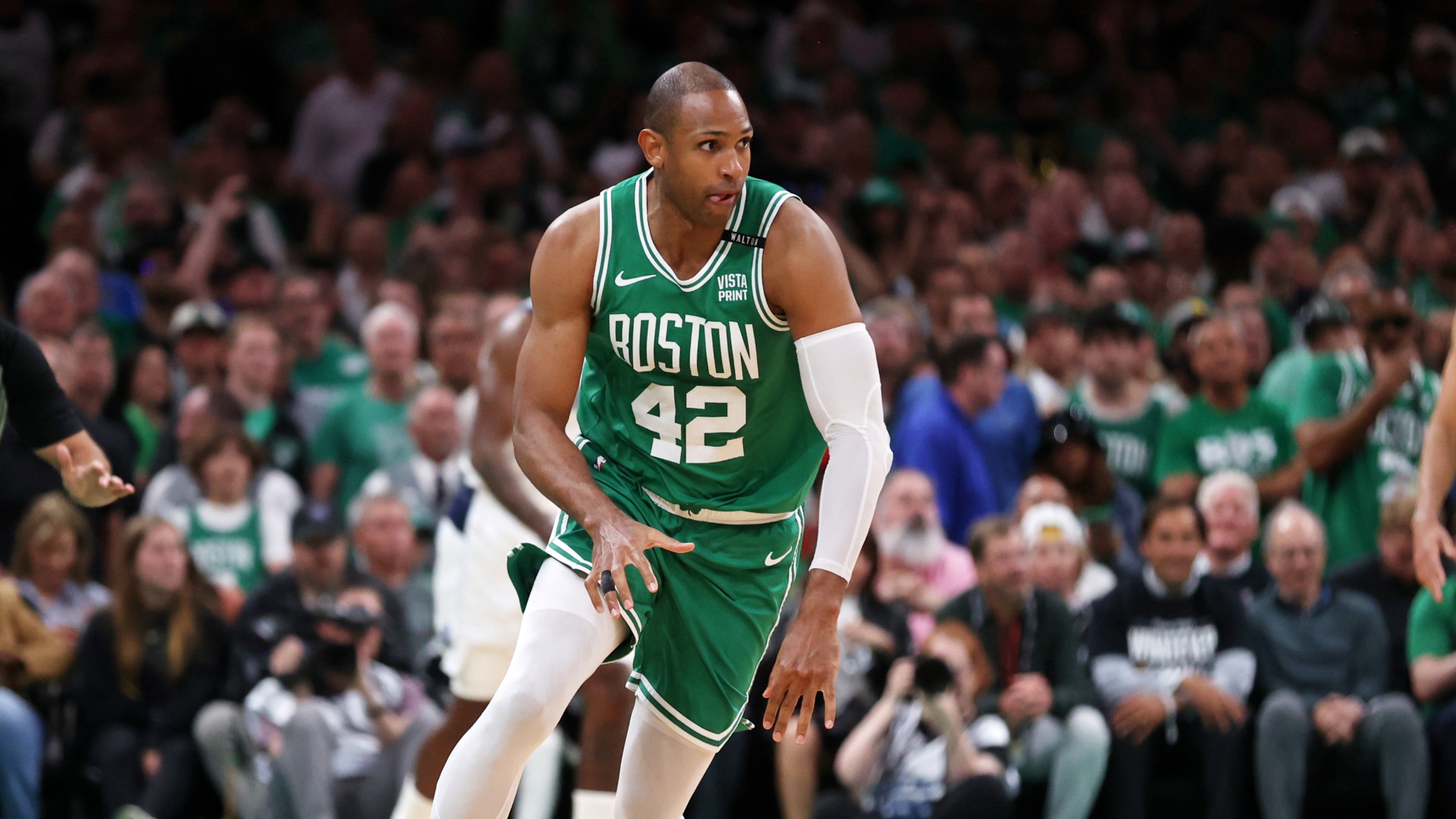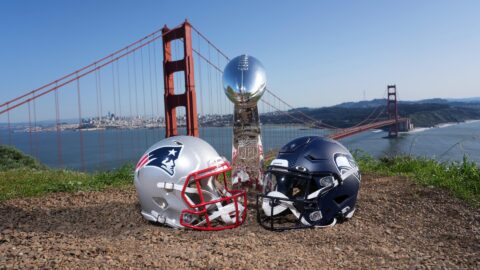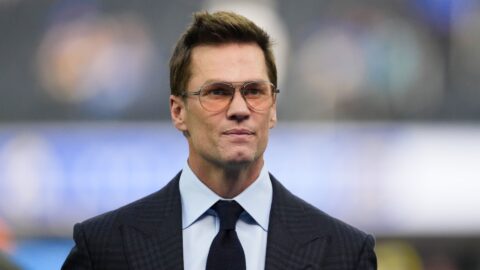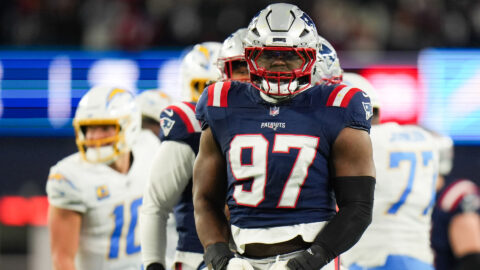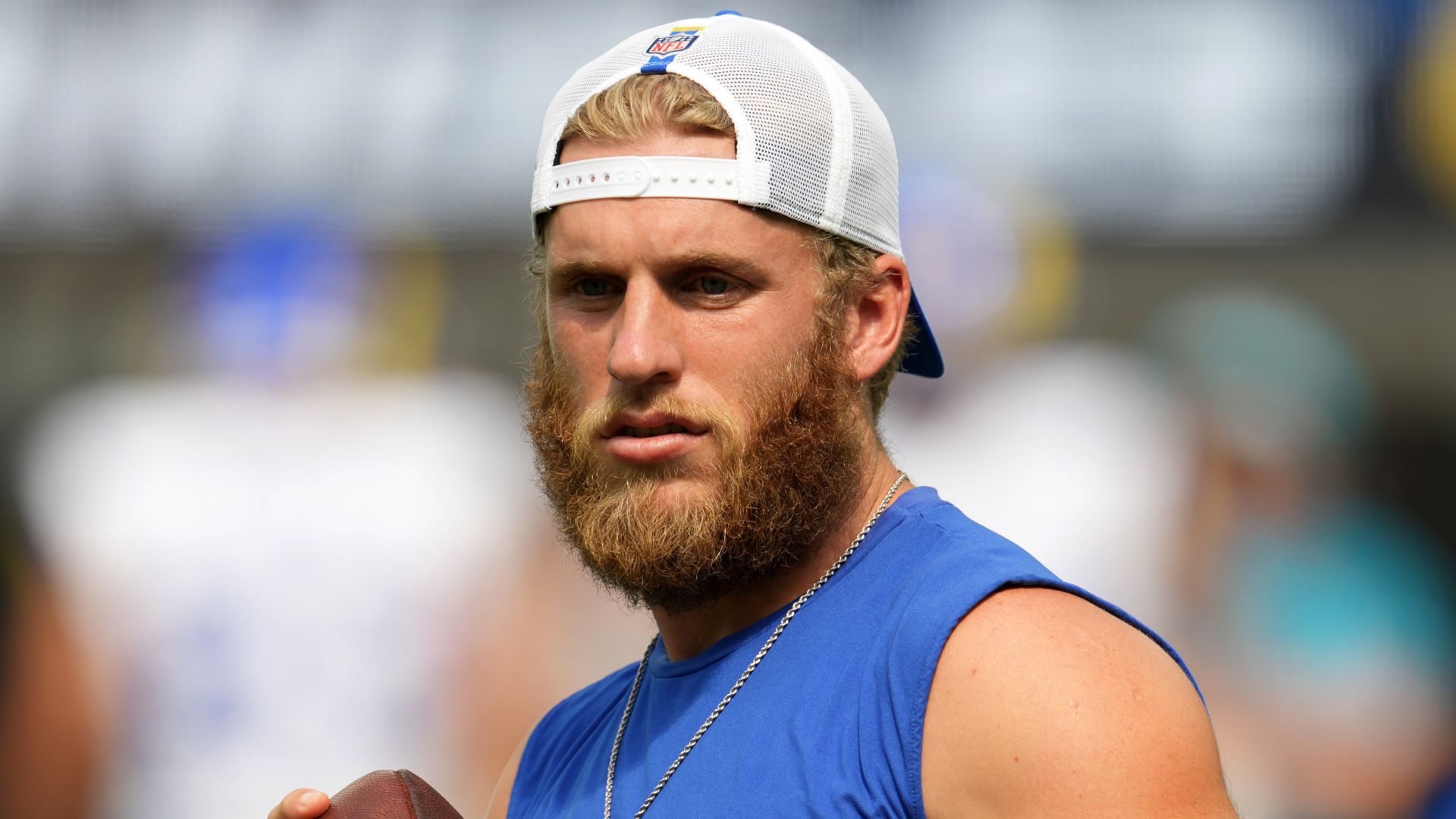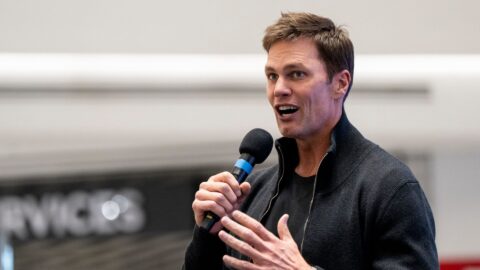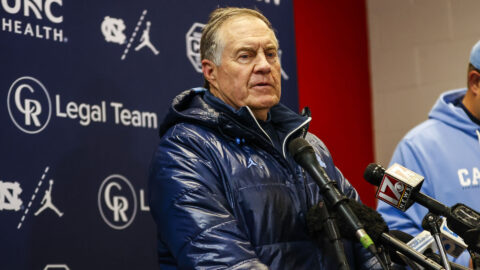The Knicks and Timberwolves shook the NBA world Friday night, and it could have ripple effects on the Boston Celtics.
According to The Athletic's Shams Charania and Jon Krawczynski, New York and Minnesota agreed to a trade that will send Karl-Anthony Towns to the Knicks in exchange for Julius Randle, Donte DiVincenzo, Keita Bates-Diop and a first-round pick. New York also will send salary, DaQuan Jeffries and draft compensation to the Charlotte Hornets to make it a three-team deal to fulfill the salary requirements in the agreement.
The short-term effects on the Celtics are simple. Minnesota made an interesting move to buy in on Naz Reid's development and pair Rudy Gobert with a more traditional power forward. New York gets a versatile center to make Jalen Brunson the centerpiece of the offense. It makes for fascinating stylistic matchups against Boston, especially on defense when Kristaps Porzingis returns to the lineup.
However, the more complex fallout is why the Timberwolves might have made this reported trade. Last year, Towns signed a four-year, $220 million contract extension that was set to kick in this year. By trading the All-Star big man, Minnesota would save $26.5 million in payroll and luxury tax penalties if they don't take on any additional salaries in this trade, per salary cap expert Yossi Gozlan.
Story continues below advertisement
Yes, this seems to be another case of ownership refusing to foot the bill on a team that made the Western Conference finals last season. Though, for Minnesota, this might have been a compromise for who would pay the bill. Marc Lore, Alex Rodriguez and Glen Taylor are scheduled to meet for an arbitration hearing in November. Lore and Rodriguez were set to make a final payment in March to elevate themselves from minority owners to majority owners. But Taylor released a stunning statement saying they missed that payment and that the Timberwolves and Lynx weren't up for sale.
What does this ownership drama have to do with Boston? Well, Wyc Grousbeck announced last summer that he intends to sell his family's majority stake in the franchise. The reasons for the intended sale are mixed and disputed by the 63-year-old. But it did add more questions about how wide the Celtics' title window is.
Amazon founder Jeff Bezos probably isn't in the running to be the next owner, and there reportedly is hope that co-owner Steve Pagliuca emerges as the winner of what could be a bidding war. But the important thing is the attitude of the new owner. Will they come in and want to manage the financial books?
Story continues below advertisement
The league's new salary cap restrictions, especially the second apron, appear to be designed to hinder the kind of spending that helps a franchise create a superteam. The designed intention seems to be to create a level playing field.
More Celtics
Boston was able to keep its core, but how long will that last? Grousbeck claimed the intention to sell had nothing to do with the finances of the team, but it's hard not to think he and his family saw the upcoming tax bills ahead and chose to let someone else deal with the fallout and let them be the scapegoat of breaking up a championship team.
Jayson Tatum and Jaylen Brown signed lucrative supermax contracts. Jrue Holiday and Derrick White also signed extensions. But as Minnesota showed, it was willing to trade Towns a year after he signed his massive contract extension.
Story continues below advertisement
This is all way too early to think about as the Celtics' main goal is winning back-to-back titles, but the news of new ownership will be key in determining how long the franchise's championship window could be.
Featured image via Elsa/Pool Photo via Imagn Images
